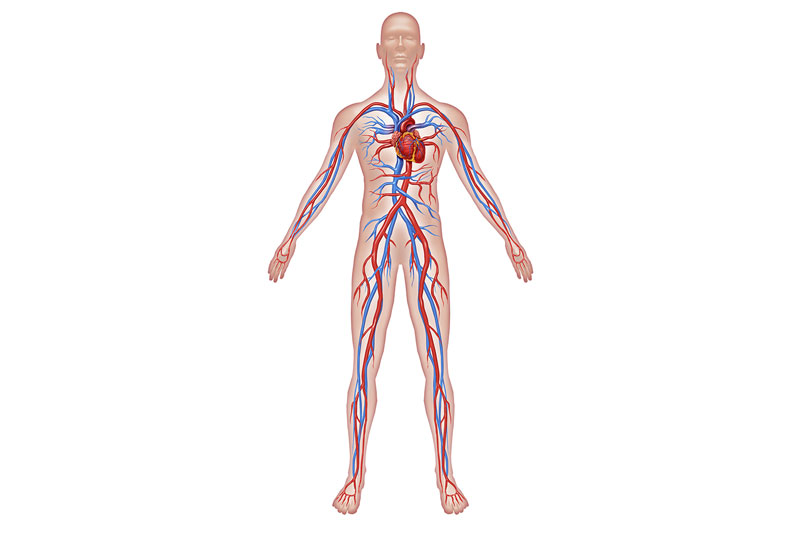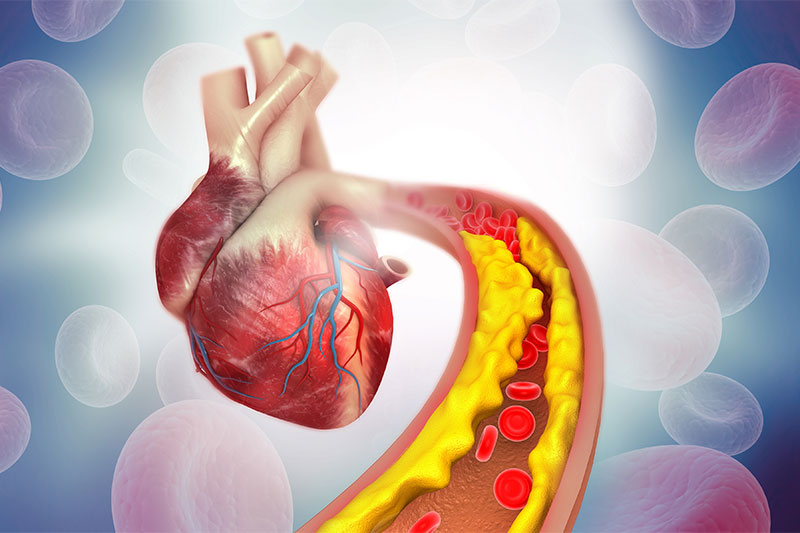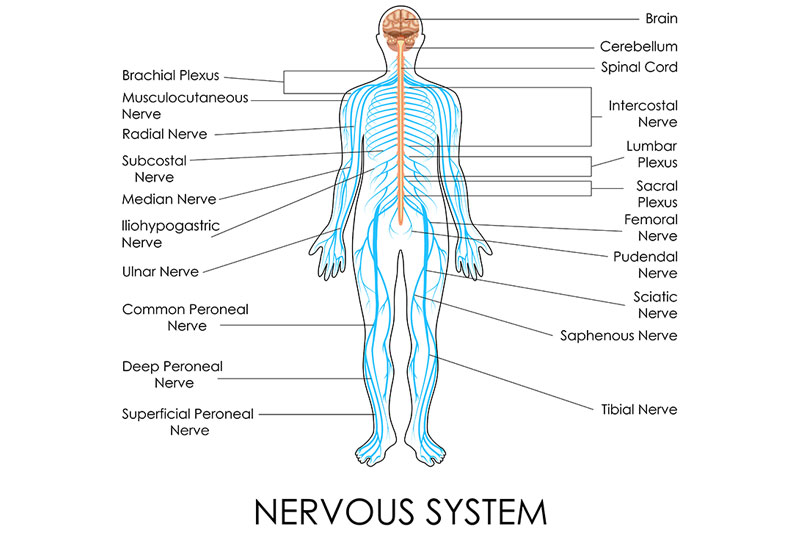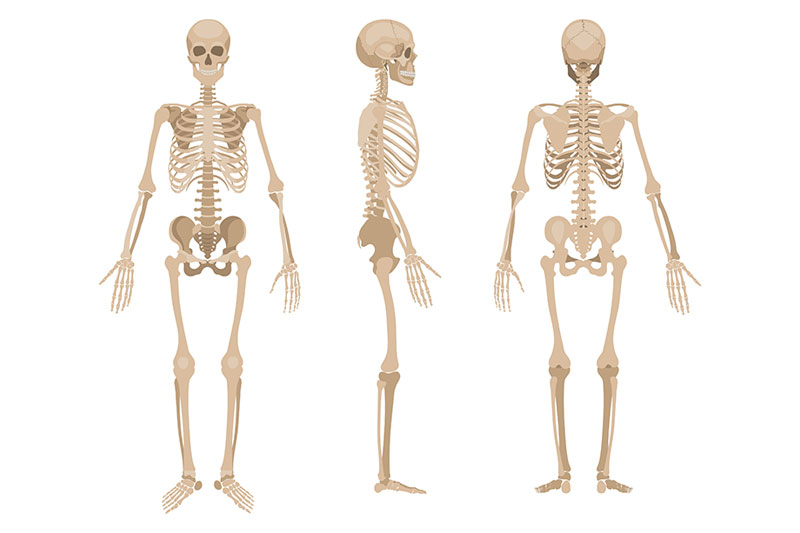Today, many of us are becoming health conscious. We are trying to live a healthier lifestyle by adopting a proactive attitude toward good health. This proactive attitude is leading individuals to take the advice of a nutritionist, family physician, or dietician concerning the consumption of healthier food products and essential dietary supplements.

Whether you are a person who seeks a healthier lifestyle or a person who is not so health-conscious, at some point, you may have been told to eat your fish. If so, you may have wondered why you were told to eat fish, but never bothered to question it. Well, if you have ever wondered why the answer relates to a multitude of health benefits that can be obtained from fish oil.
Health benefits found in some fish are due to fish oil and omega-3 fatty acids. Fish oil is an oil found in the fatty tissue of fish. Although many fish may have this oil, only a few contain a percentage high enough to produce health benefits. Fish such as salmon, mackerel, herring, sardines, and anchovies are examples of fish that contain high levels of fatty acids. As a result, these fish are usually called fatty fish.
Omega-3 fatty acids or omega-3′s, as it is commonly known, is the beneficial portion of fish oil. This nutritional compound is accumulated in fish through their diet. If you do not like fish, but you are still interested in obtaining the health benefits associated with fish oil, do not despair. An omega-3 dietary supplement would be an excellent alternative. Many studies have shown the beneficial factors relating to omega-3′s. Some health benefits relate to cardiovascular disorders and blood cholesterol. Studies have also shown the health benefits of omega-3′s concerning the neurological system and the skeletal system. As you read on, you will fully understand the health benefits of omega-3′s and why fish oil and omega-3′s matter.
The Cardiovascular System

The cardiovascular system is a part of the body that involves the circulation of blood through blood vessels and the heart. When any part of the body becomes inflamed, this helps to stretch the blood vessels in that part of the body. When a blood vessel stretches, fragments of this tissue can break away and travel to other parts of the body. This traveling fragment is known as a traveling embolism. An embolism can block the pathway of any tissue or organ and hinder the flow of blood. This results in the lack of nutrition required by vital organs such as the lungs and brain. The end result can be death.
So, how do fish oil and omega 3′s help prevent cardiovascular disorders? This can be answered by explaining one of the roles played by omega-3 fatty acids. The consumption of fish oil and omega 3′s result in the reduction of body inflammation. When inflammation within the body is minimal or nonexistent, the risk of developing stretched blood vessels also become minimal. When there is a minimal chance of developing stretched blood vessels, there is also a minimal risk of developing cardiovascular disorders.
Cholesterol

Cholesterol is a type of liquid fat that is produced in the liver. It is a body chemical that is essential in assisting the function of internal, microscopic structures and is commonly found in the blood. It also plays a significant role in producing steroid hormones. Although cholesterol is frequently found in blood, too much cholesterol caused by the consumption of fatty foods, for example, can be a bad thing.
As blood travels throughout the arteries, the excessive cholesterol in the blood attaches itself to the walls of the arteries. At some point, the attached cholesterol may form several layers on the inner opening of the artery. This causes the artery to become stiff and narrow. For an artery to function correctly and blood to flow freely, an artery should be flexible and free from cholesterol buildup. Such an artery will allow a constant, even flow of blood.
When cholesterol accumulates around the inner wall of arteries, this can lead to cardiovascular disorders. Cholesterol contributes to cardiovascular diseases by affecting the flexibility and the size of the inner walls of arteries. Arteries contain muscles that help with the flow of blood; therefore, these arterial muscles must remain flexible to maintain proper blood flow. When arteries are rigid due to cholesterol buildup, the muscles in the walls of the arteries no longer work. Consequently, this affects the flow of blood to and from the heart. Anything that affects the flow of blood to and from the heart contributes to heart disease and heart failure.
You may wonder how a narrow artery relates to cardiovascular disorders. Well, here is how it works. When an artery becomes narrow, it prevents a constant, even blood flow, in addition to restricting the quantity of blood that can flow through the arteries. When the amount of blood flow throughout the arteries and, consequently, throughout the body is reduced, this causes the heart to pump blood at a higher rate. If the heart continues to pump blood at a higher rate, it will become overworked. This is known as high blood pressure.
An overworked heart has a high probability of stopping due to the constant load and pressure. When a heart stops working, this is called a heart attack. Compare this to some scenarios in your life. Think of what happens to you when you are constantly overworked; you eventually give out. The difference, however, is when you give out, there is a high percentage of recovery, and detrimental results may not occur. When your heart gives out, however, there may be a low percentage of recovery and a high rate of detrimental results.
Now you may be wondering about the relationship between omega-3′s and cholesterol. Well, the relationship is that research has proven that omega-3′s contribute to lowering the level of blood cholesterol. Although the exact mechanism or chemical process is not fully understood by researchers, it has been unanimously concluded that omega-3′s help to lower and prevent high cholesterol.
The Neurological System-The Brain

The Neurological System or the nervous system, as it is commonly known, consists of the brain and relevant microscopic components. This system has the overall responsibility for all bodily functions such as walking, talking, thinking, and breathing. Therefore, if the brain does not work, human life can’t exist. Nerve cells, commonly called brain cells, are the smallest part of the brain with a huge responsibility. Its primary function is to allow chemicals to pass through. As chemicals travel through the nerve cells, this allows for a communication mechanism between cells as well as a communication mechanism between the brain and other parts of the body.
Each brain cell has a layer of fat as a form of protection. Needless to say, this fatty layer consists of omega-3′s. The omega-3′s found in the brain are the same omega-3′s found in fish oil. So, exactly how do omega-3′s benefit the nervous system? Well, the answer lies in the fact that this fatty layer helps to protect the brain by inhibiting the accumulation of unwanted proteins. Such unwanted proteins interfere with the communication process of the brain. The symptoms associated with lack of communication rears its ugly head in the form of memory loss and the loss of verbal fluency. These are just some symptoms associated with Alzheimer’s disease.
Other health benefits have also been found regarding the research between omega-3′s and the brain. Studies show that omega-3′s contribute to brain cell repair mechanisms, increased blood circulation within the brain, and the reduction of blood clots in brain cells. In layman terms, omega-3′s help improves brain vitality.
The Skeletal System-The Bones

The Skeletal System is the part of the body that consists of bones and joints. A joint is a place or space where two bones meet. Bones and joints play a major role in maintaining body structure, allowing movement, and protecting internal organs. For bones to function properly, proper nutrition is required. It is well-known that bones have the tendency to lose mass, become brittle, and easily break. This is especially true with the aging process. Therefore, it is essential to maintain proper bone health.
One thing required for proper bone health is the consumption of omega-3′s. Research has confirmed that the use of omega-3′s benefits bone health because it promotes bone growth and strength. Throughout the early years of a bone, as it is living tissue, a remodeling process takes place. Thus, old cells are destroyed continuously by resorption, while new cells are produced continuously. At this stage, the rate of destruction and production of cells are equal. As bones progress in age, however, the rate of destruction exceeds the rate of production. The result is a loss of bone mass.
Omega-3′s are important essential fatty acids that aid in the production of new bone cells. The creation of new cells helps to decrease bone loss by balancing the remodeling process. In other words, omega-3′s help to increase the production of new bone cells to the rate at which the production of new bone cells equals the destruction rate of old bone cells. When the remodeling process exhibits a balance, there will be a reduction in the loss of bone mass.
Omega-3′s are needed to assist bones in maintaining proper bone mass. As omega-3′s can be found around nerve cells, this is also true for bone cells. As this fatty acid forms a layer around bone cells, it provides comfort to joints by inhibiting inflammation, if any. Reduced inflammation results in greater blood circulation. When blood can move freely throughout the circulatory system, adequate nutrients are generously distributed. A generous distribution of nutrients helps with the production of bone growth.
There are many health benefits regarding the consumption of fish oil and omega-3′s. It is very important and highly recommended to add these essential fatty acids to your diet. Therefore, eat your fish daily. If you do not like fish, you can use an omega-3 supplement as an alternative. If you are a health-conscious individual, the use of this dietary supplement is a no-brainer. So, does fish oil and omega-3′s matter? You be the judge.


